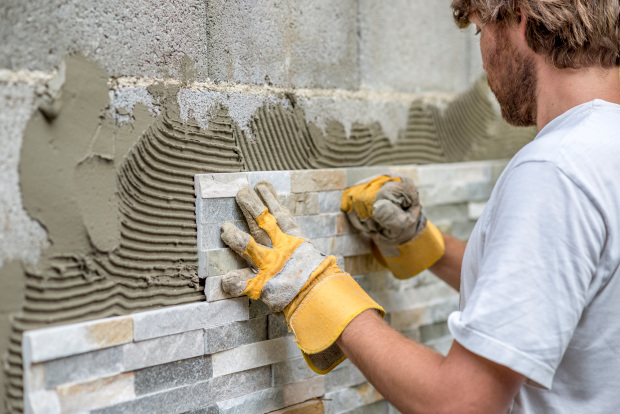Moving? Should You Sell or Lease?
.jpg)
When the time comes to relocate, the thought of selling your home while purchasing another seems too much, so renting your current place sounds like a win-win for you. The extra income sounds great, knowing your house is still there in case you need it is another nice thought. There are pros and cons to this decision, however, so look through these tips to help you finalize your decision:
-
One major factor to consider is when you know the move is not permanent. If you know you will be returning in a few years, and it may be a good idea to lease while you are away so you will not have to house hunt upon your return.
-
Take a close look at the financial aspects of renting your house:
-
- Landlord’s insurance premiums may cost more than a homeowner’s policy. Talk to your insurance agent about the differences in cost.
-
- If you have equity in your house, or the money a sale will generate will allow for a nice deposit on another, you really should consider a sale.
-
- Do the math--if you have a loss after all your expenses (insurance, repairs, property taxes, etc.) are deducted from the rental payments, it would be a better idea to sell.
-
Take into consideration that in larger areas, there may be times of a vacancy. Can you handle your current mortgage and rent or mortgage payment in the new place? If not, put the house on the market.
-
Renting may be a good choice if the house needs repairs or improvements to bring a good sale price, and the cost of those fixes all at once is out of your budget.
-
Consider the occasional tenant that will not care for the property as you do. Landlord insurance will not cover normal wear-and-tear, nor intentional damage.
-
Things can happen, and even good tenants are suddenly unable to pay rent on time--or worse, stop paying rent--and you will be stuck with the mortgage payment, not to mention the possibility of the costs of going through the eviction process.
-
If you live in an area that attracts visitors or tourists, consider short-term leasing with an online booking company. Be sure you are within your city’s regulations for short-term rentals and consider the frequent cleaning costs and other risks taken when renting to tenants that you have little means to check into before they enter your house.
The stress of renting just might be greater than the house-hunting in the case of a temporary move. Talk to other property managers in your area and look at your financial information before you make the final choice. When you decide to sell, call Chester County PA Realtor Scott Darling.
Photo credit: dreamstime.com













